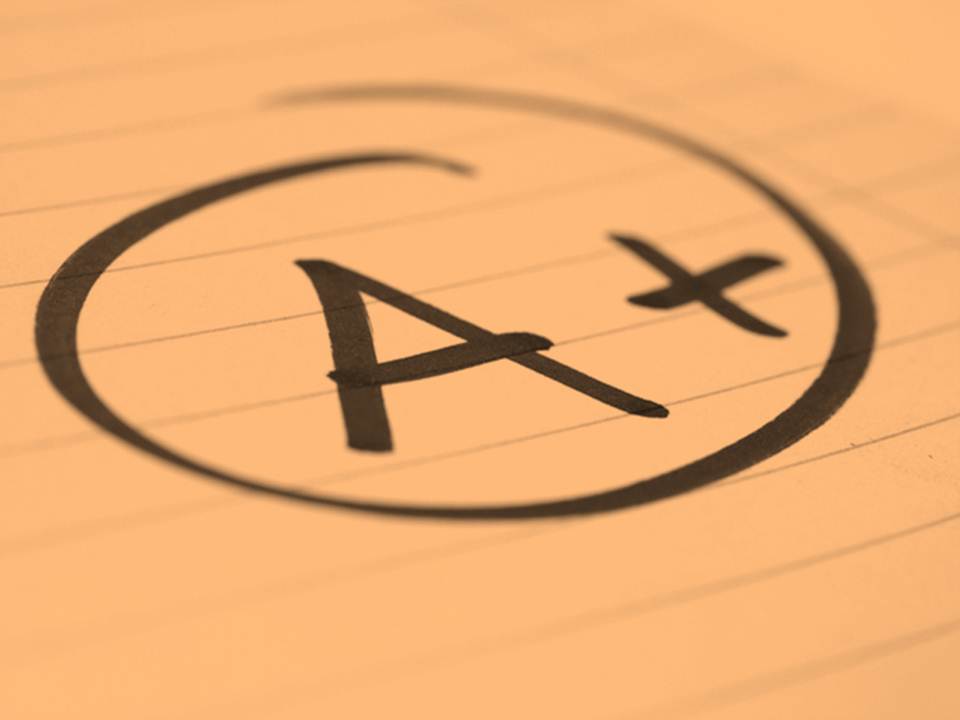Critics say A-level remarking favours the richer over the poorer
The £30 A-level exam remark charge has been criticised to favours pupils from independent schools. Critics have argued the system of remarking lacks transparency and only benefits students who can afford the payment.
Last year, over 15,000 teenagers had their grades changed after schools paid exam boards fees of £30 or more to challenge initial marks, the Huffington Post reports.
Ed Harlow, NEU teachers’ union rep for the north London borough of Haringey said: “It is an expensive process and it is one that is not available very often to inner-city schools or schools limited with resources.”
“The system is never going to be favourable for working-class kids in inner-city schools. The system always favours those with money.”
Peter Green, headmaster of Rugby School, one of the top ten leading independent schools in the UK, which recently announced its resignation from the annual A-level league tables this year, told the Huffington Post: “The number of successful appeals against exam marks means that the statistics released immediately after the results are later significantly altered – usually in favour of the student and the school.
“Our public exam grades will, of course, be posted on the school’s website but only after the conclusion of the appeals process against questionable marking.”
He argued league tables are not reflective of a “modern all-round education”, implying some schools “play the system” to boost rankings by preventing borderline students from taking certain subjects.
The Times Educational Supplement (TES) analysed 2016 data from exams watchdog Ofqual to show fee-paying schools requested reviews for 9.8% of A-level entries, while comprehensives appealed 4.7%, academies 6.2% and grammars 5.5%.
In addition, the data also showed 17.5% of A-level grades challenged by independents were changed compared to 14.5% for comprehensives.
NEU rep Harlow continued to say: “Genuinely if people are looking carefully at an exam script, they do tend to err on the side of the student because it’s more complicated to push a grade down,” he said.
“They are marking scripts sympathetically and trying to protect the exam board’s interests. They are quite likely to go for a higher grade the second time around.”
Fee-paying schools requested reviews for 9.8% of A-level entries, while comprehensives appealed 4.7%, academies 6.2% and grammars 5.5%
He concluded independent schools are in essence “selling an expensive product and wanted to deliver for the parents who are writing the cheques” and that “people who are in the know are able to game the system”.
Alternatively, Geoff Barton of the Association of School and College Leaders (ASCL), which represents heads of school in both the state and independent sector, said: “If a school wants to have a review of the marking what that won’t do now is to say, on this maths paper the child should have had one more mark on that question.
“It won’t be as detailed as that anymore and that was the bit that if you threw loads and loads of money, and loads and loads of papers to be remarked, then you would hope that some of those grades would be moved up.
“What they’re going to do now is say well if the child should have had one more mark on that question, that is within the boundaries of tolerance.”
He claimed there is less reason to “throw money at simply having blanket remarks of whole cohorts of pupils”, welcoming this new “direction of travel”, however still said the system was weighted in favour of financially advantaged schools.
“It certainly is the case that those schools that have got more resources to be able to pay for the review of marking will have an advantage – without a doubt,” he said.
A Department for Education spokesperson said: “It is essential that parents, teachers and young people have confidence that the grades they receive are an accurate reflection of every student’s performance.
“We are confident that the qualifications regulator, Ofqual, will ensure this remains the case.”

Comments